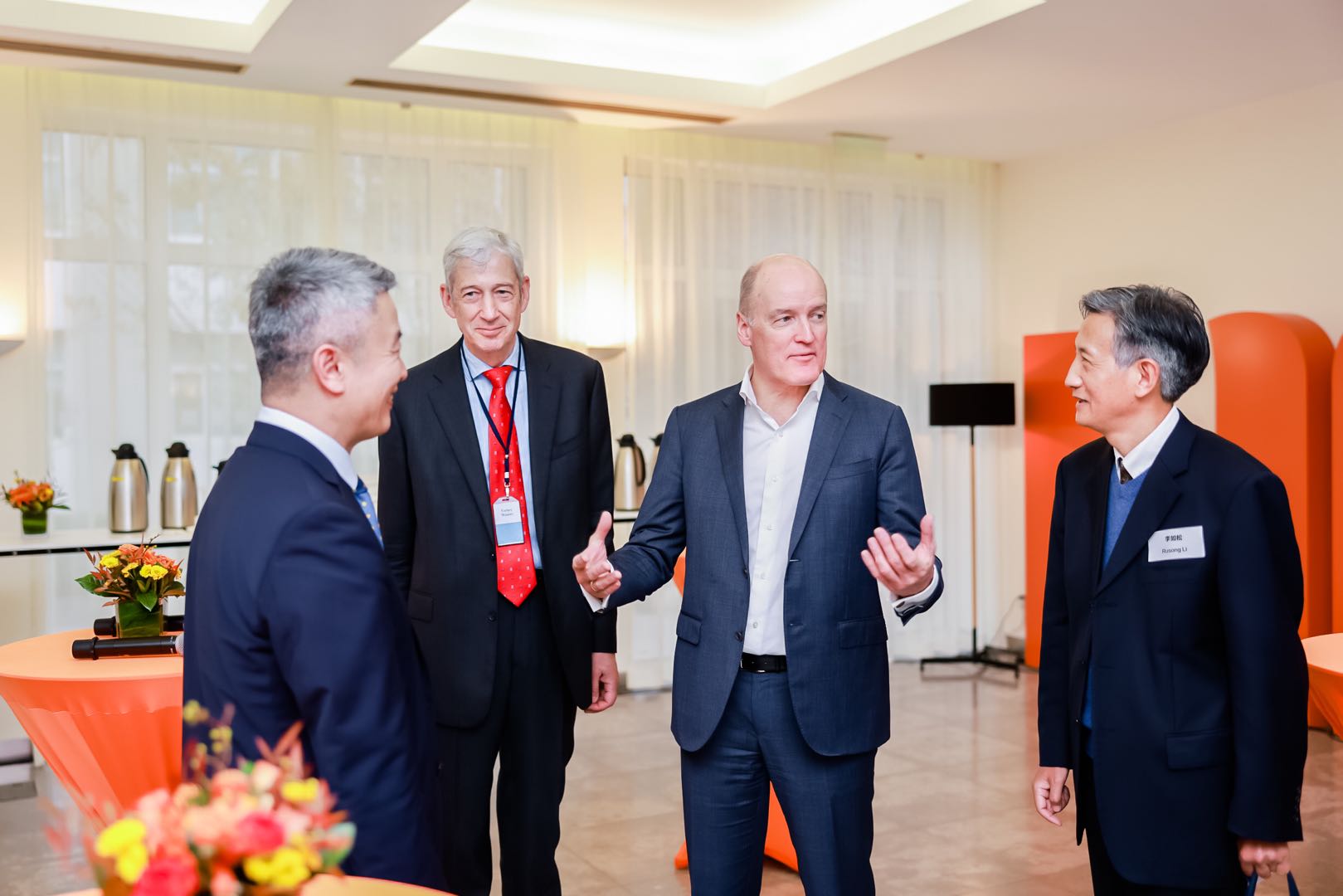Beijing, 17 November 2020:
China’s dual-circulation strategy, relying more on domestic supply chain, is a reflection on the balance between what is necessary for human health and what should be supplied from the food chain and other political and economic developments. This topic drove much of the discussion during the launch of China Sustainable Soy Guideline. The guidelines were developed under Solidaridad’s global programme, ‘Back to reducing greenhouse gas emissions from deforestation and forest degradation (REDD) & mobilizing Asian and US markets to reduce commodity driven deforestation in Brazil,” funded by the Norwegian Agency for Development Cooperation (NORAD) and the Moore Foundation.
More than 60 representatives and experts from governments, civil society organizations, research institutions and soybean planting enterprises, as well as traders and processors, joined the event, physically and virtually, at the Embassy of the Kingdom of the Netherlands in Beijing, to discuss the challenges and opportunities in China’s sustainable soy production and trade.
About the Guidelines
The guidelines contain principles and standard practices that are economically viable, environmentally sound and socially beneficial. They are aimed at improving the sustainability practices of the supply chain stakeholders, facilitating compliance with applicable national and international regulations. The guidelines are expected to bring out the existing strengths of stakeholders and address the gaps in the soy sector to potentially create harmonization with other national initiatives undertaken for sustainability in the sector.
The guidelines have evolved from the previously international-NGO-led partnerships to engaging a more diversified partnership that includes governments and other players. The idea is to shift the priority from only trade to focus on both soy trade and production. These fundamental changes have been made as part of an adaptive programme management to reflect China’s true potential in utilizing its purchasing power to promote sustainability in Brazil. And this could only be realised if China’s domestic soy production becomes sustainable.
At the launch event, H. E. Wim Geerts, the Ambassador of the Embassy of the Kingdom of the Netherlands, delivered some inspiring welcome remarks and mentioned that the EU will propose legislation before mid-2021 to ban deforestation from the agricultural supply chains, including soy, to address public concern on deforestation, climate change and biodiversity loss.

Mr. Wencheng Jin, Director General of the Research Centre for Rural Economy under the Ministry of Agriculture and Rural Affairs, who is also the head of the most important government-based Think Tank in the country, shared his high level thoughts on China’s sustainable agriculture production and trade strategy through video conferencing.
Mr. Christoffer Groenstad, Counsellor for Environment from the Norwegian Embassy, expressed interest in continuing to support the work on this frontier.
The Way Forward
As the immediate next steps, the aim is to reach out further to collect comments and suggestions, especially, check with relevant government agencies and research institutes or associations, to understand their interest in co-authoring the guidelines. The possibility of gaining a certain degree of buy-in or no objection while at the same time, seeking the support from some leading Chinese multinationals, especially those companies with production and trade operations in South American countries, is also being explored. It remains to be seen to what extent the principles laid out in the guidelines can be applied to the companies’ operations and what are the areas of substantive improvements.
Read more about our work in Soy.

